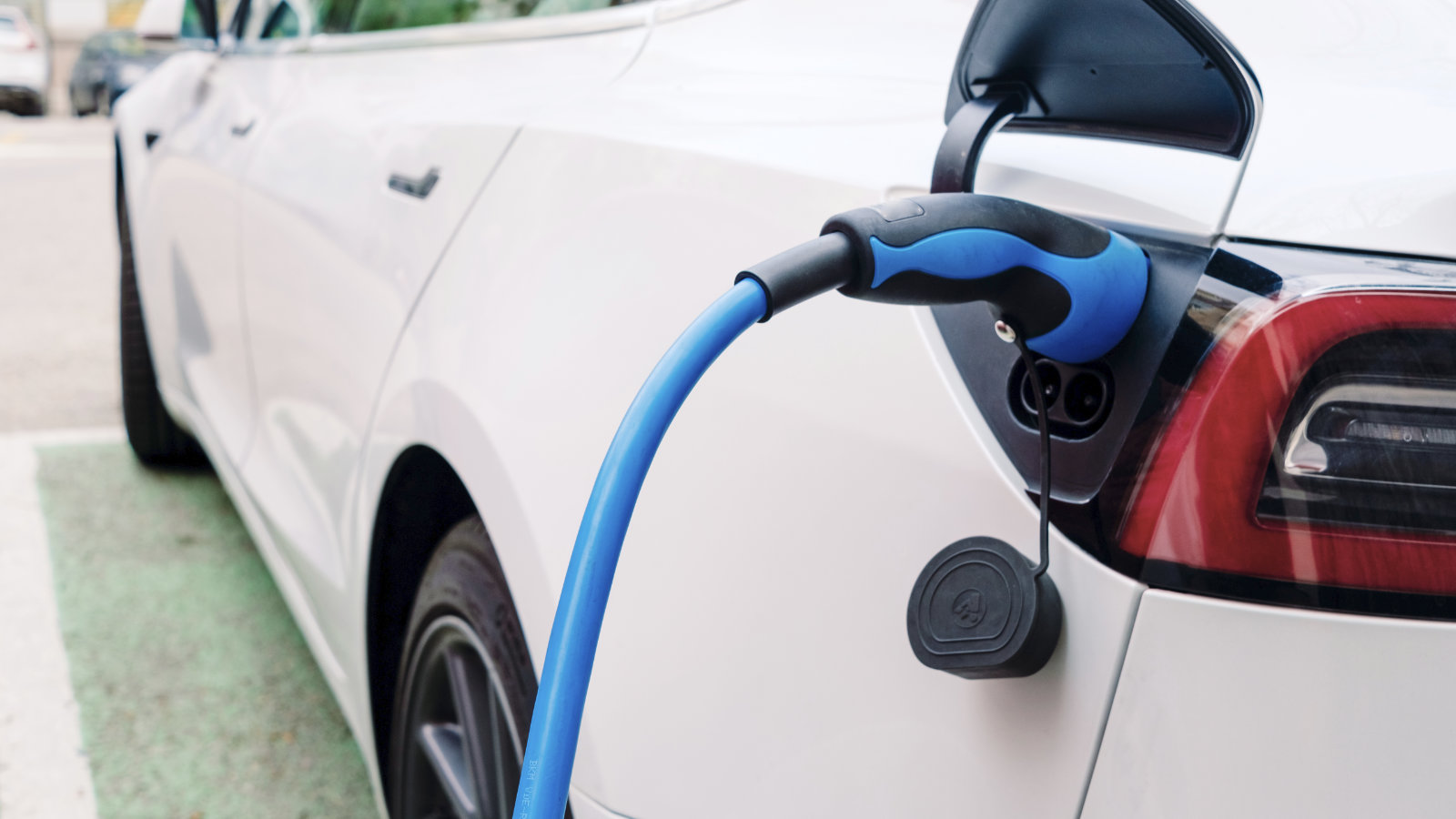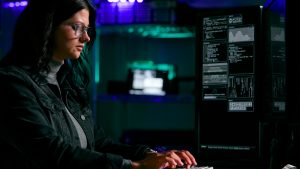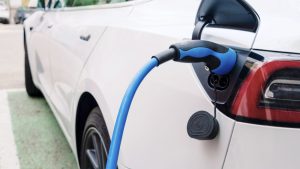As the world grapples with the impending threats of climate change, businesses and individuals alike are searching for sustainable practices that can pave the way for a greener future. At Reuse Technology, our business model is a beacon in the foggy landscape of sustainability, anchored firmly within the principles of a Circular Economy. We stand among the few who have not only conceptualised but also successfully implemented a commercially viable and profitable circular model. This is particularly noteworthy when compared to sectors like textiles, food, or agriculture, where waste management often remains a challenge.
The facts are clear and compelling. Data from manufacturers, backed by research from prestigious institutions like MIT and various EU-funded programs, reveal a stark reality: the carbon footprint of brand new IT equipment is over 75% greater than if the same item were refurbished for reuse. The environmental case for refurbishment, reuse, and recycling for material recovery is undeniable.
However, the IT hardware’s lifecycle is but one cog in the vast machinery of supply chain systems. From manufacturing to logistics, consumer behaviour, finance, and security, the CO2e footprint is colossal. So, the question arises: Even if we can substantiate the reduction in kgCO2e footprint of IT hardware through reuse and recycling, can we genuinely claim victory when the entire supply chain system is still a behemoth of carbon emissions?
As a business owner and a participant in this space—though not an expert in climate science—I confront several challenges:
The Spectrum of Choices: The average person wants to do their part for the environment, but the spectrum of choices is overwhelming. From recycling household waste to ceasing air travel or adopting an off-grid lifestyle, the advice is as varied as it is confusing. The sustainability experts, amidst their debates and judgements, often fail to provide clear and actionable advice.
Jargon and Terminology: The discourse is rife with jargon such as “planetary boundaries” and “sustainable development goals,” terms that evolve rapidly and mean little to the layperson. The lack of a common language and understanding creates a barrier to action and commitment to a sustainable future.
The Absence of a Clear Vision: While there is no shortage of opinions on what we should do to avert the climate crisis, a tangible, practical vision of what our world could look like post-transformation is missing. We need a coherent picture that encapsulates the necessary changes and their outcomes.
Economic Uncertainty: The financial implications of adopting the changes recommended by experts are murky. The debate has shifted from “decoupling” economic growth from resource use to advocating for “degrowth,” which means actively reducing consumption. What would this mean for the free market, or for our economy at large? Previous uncosted economic pledges have led to turmoil—can our economy withstand the shock of significant systemic changes?
Imagine, for instance, cutting the global car supply chain by 50% because the CO2e footprint of manufacturing and recycling an electric vehicle (after 100,000 miles) is substantially more than refurbishing a used petrol vehicle for the same distance. This isn’t hypothetical; it’s a case study grounded in reality.
As we debate degrowth and curbing consumer appetite, we must ask ourselves: Are we prepared for the potential repercussions, such as higher interest rates or an economic downturn? Can we adapt to living without the conveniences we’ve become accustomed to? While some may have the means to transition to off-grid living, for the majority, this is not a feasible solution.
In conclusion, the conversation about climate change and sustainability is as critical as it is complex. It requires honesty, clarity, and a willingness to confront uncomfortable truths about our current way of life and the changes necessary to preserve our planet for future generations. At Reuse Technology, we are committed to being part of the solution, and we invite you to join us in this vital dialogue.
“In everything we do, we believe in developing a more sustainable world! We believe in growing the circular economy for the benefit of all. The way we do this is by inspiring businesses to realise more from the IT assets they rely on through reuse, recovery and ESG reporting initiatives”
Date: Jan 2024
Author: Darrel Arjoon












